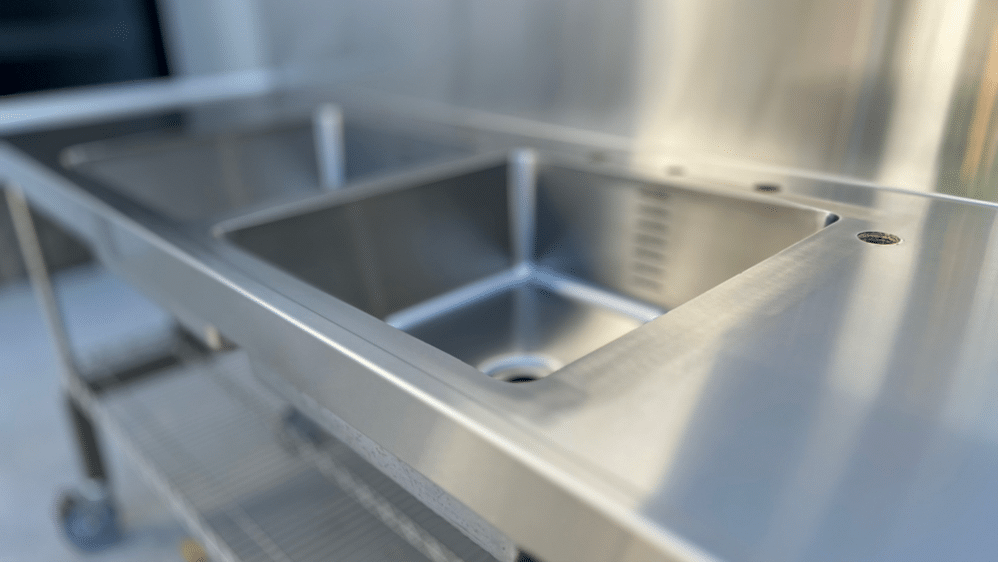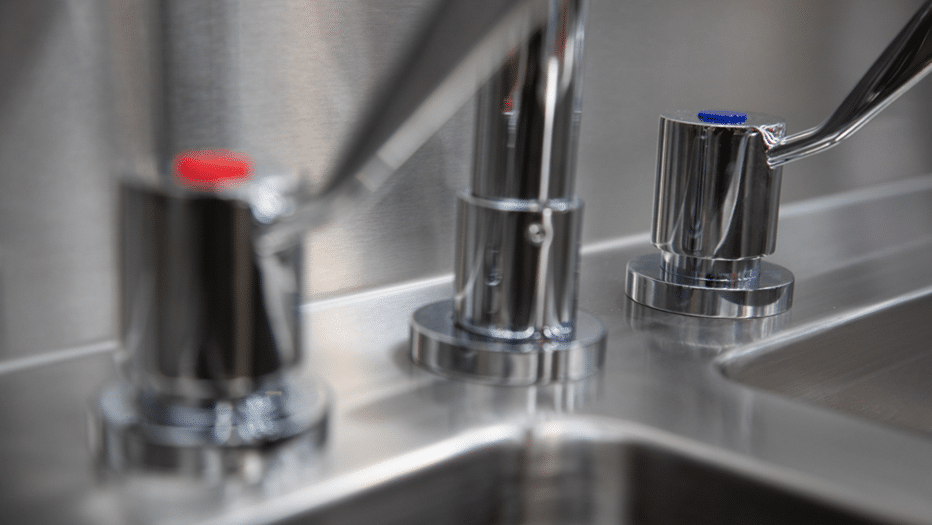Stainless steel, a material well-known for its exceptional corrosion resistance, durability, and aesthetic appeal, has been at the forefront of the medical industry for decades. This versatile alloy, with its distinctive combination of physical and chemical properties, has revolutionised healthcare, becoming a critical part of equipment design, patient care, and overall facility hygiene. In the course of this article, we
will delve into the substantial benefits stainless steel brings to the medical sector.
Stainless steel exhibits remarkable resilience and strength, outperforming many other materials in demanding medical environments. Its exceptional durability ensures medical devices and equipment, from surgical instruments to hospital beds and MRI scanners, can withstand the rigours of continuous use without significant wear and tear. This longevity translates to cost savings, as the need for replacements or repairs is drastically reduced.

Possibly the most significant advantage of stainless steel in medical applications is its exceptional resistance to corrosion. The material’s unique passive film – a thin layer on the surface enriched with chromium – prevents rust, staining, and corrosion, even when exposed to biological fluids, harsh disinfectants, or sterilisation processes. This property is particularly vital for surgical and dental instruments that are subjected to regular autoclaving and must maintain their integrity and sharpness.

Hygiene is of utmost importance in healthcare settings to prevent infection and disease transmission. The non-porous surface of stainless steel offers no refuge for bacteria or viruses, making it easy to clean and sterilise. Furthermore, the smooth, hard surface facilitates minimal friction, meaning that materials slide over it without any snagging or residue. These attributes make stainless steel the material of choice for countertops, sinks, instrument trays, and various medical appliances.
Stainless steel’s versatility extends to its manufacturability. Its ability to be cut, welded, and formed into complex shapes with relative ease is invaluable in the production of intricate medical devices and implants. Custom-made devices such as orthopaedic rods, pins, screws, and plates are possible due to the malleability and strength of this alloy.
Lastly, the biocompatibility of stainless steel is an essential benefit in the medical industry. Certain grades of stainless steel are safe for prolonged contact with the human body, which is critical for implants, surgical tools, and medical devices inserted into the body. It does not react with bodily fluids, tissues, or cause any adverse effects, making it an ideal material for such applications.
In conclusion, the benefits of stainless steel in the medical industry are numerous and significant. Its unparalleled durability, corrosion resistance, hygiene qualities, versatility in fabrication, and biocompatibility make it a cornerstone in modern medical environments. By opting for stainless steel, medical professionals ensure reliability, longevity, and safety in their work, resulting in optimal patient care and improved outcomes.
To experience the superior advantages of stainless steel in your medical environment, we invite you to explore our comprehensive range of stainless steel medical products. At Emery Industries, we design, manufacture, and deliver high-quality, resilient stainless steel products tailored to meet diverse medical needs. Whether you’re looking for equipment for intensive care, general wards, pathology labs, or mortuary and forensics, our collection is robust, practical, and designed with professionals like you in mind.
Visit our Shop page to discover our wide-ranging portfolio. Equip your facility with the strength of stainless steel today and redefine your approach to patient care.
References:
Eylon, D., Shemesh, G., & Sterer, E. (2018). “The Role of Stainless Steel in Medicine”. Corrosion Reviews, 36